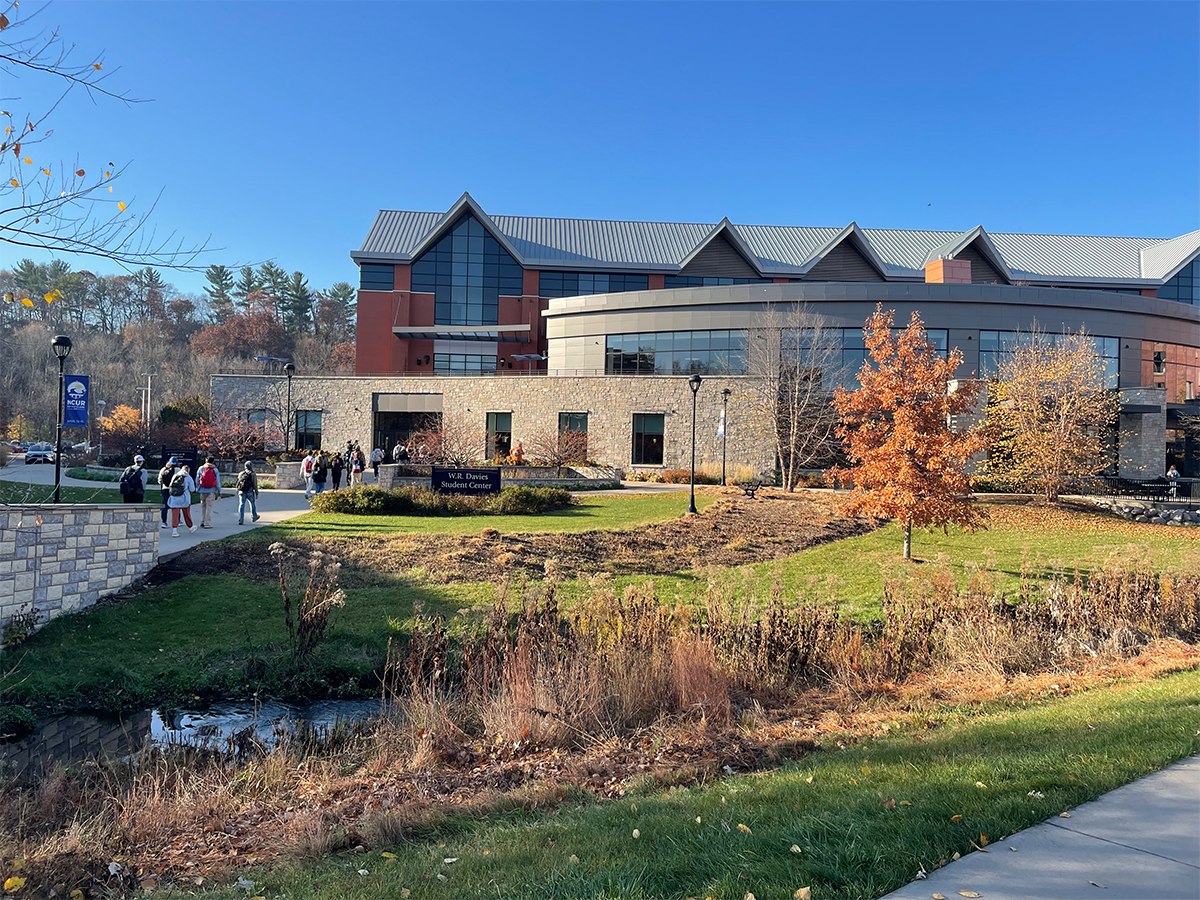The University of Wisconsin System Board of Regents held a special meeting on Saturday and rejected a deal negotiated with Assembly Speaker Robin Vos, R-Burlington, that would release system employee pay raises and restructure equity, diversity and inclusion (EDI) positions, among other initiatives.
Before discussion on the resolution could begin, Regent Dana Wachs made a motion to delay the vote, which was seconded by Regent Edmund Manydeeds, but the motion failed with a vote of 8-9.
Regents shared their concerns over the quick turnaround of voting on the resolution the day after the proposed deal became public and what the UW System would have to give up in exchange, especially the impact it would have to EDI on campuses.
The deal included initiatives the UW System had been vying for, including approving the employee pay raises that were included in the biennial budget bill that Gov. Tony Evers signed into law in July, funding infrastructure projects and approving a $32 million supplemental appropriation for workforce development.
But the deal would have also created a system-wide cap on the number of positions through December 2026, “reimagine” the function of EDI through restructuring a third of EDI positions, ended UW-Madison’s Target of Opportunity Program and eliminated the requirement for diversity statements in admissions applications.
“I’m really at a loss to provide guidance to you all. We will vote with our hearts based on this. There will be consequences either way, and I respect anyone’s vote in any direction that they feel compelled to do,” Regent President Karen Walsh said before the vote.
The resolution failed with a vote of 8-9. Regents Bob Atwell, Héctor Colón, Mike Jones, Jim Kreuser, Cris Peterson, Ashok Rai, Mark Tyler and Kyle Weatherly vote in the affirmative.
Regents Angela Adams, Amy Bogost, Evan Brenkus, Manydeeds, John Miller, Joan Prince, Jennifer Staton, Wachs and Walsh voted against the resolution. State Superintendent Jill Underly, an ex officio member of the board, was not present for the meeting.
The Legislative Black Caucus and Assembly Democrats both released statements on Friday rejecting the proposed deal.
Assembly Representative Jodi Emerson, D-Eau Claire, attended the Board of Regents meetings on Thursday and Friday and watched the livestream of the special meeting. While UW-Eau Claire Chancellor James Schmidt wasn’t available for comment at the time of publication, Emerson said Schmidt spoke with her at Thursday’s meeting about the proposed changes to EDI.
“I talked to (Schmidt) yesterday at the Board of Regents (meeting) and he pulled me aside and said ‘I want you to know we’re not going to change how we’re doing things on campus if we call it EDI or if we call it something else,’” Emerson said.
Emerson opposed the proposed deal and said she was proud of the Board of Regents for not getting bought off by the raises, promises of buildings and the $32 million for workforce development.
“I think President (Jay) Rothman was put in a tough position and the Board of Regents was put in a tough position, but I think in the end, the correct decision was made because we can’t continue to chip away at equity, diversity and inclusion for the promise of something we need,” Emerson said.
Emerson said she appreciated Wachs and Manydeeds’ attempt to bring the proposed deal back to shared governance, stressing the importance of getting input from the campuses.
“Things done in the dark of night and behind closed doors are never good for democracy,” Emerson said. “These are public institutions that we’re talking about and there needs to be public input on it.”
“It was so quick and there was no opportunity for students to speak on it or hear about it,” Farmer, a fourth-year student and the student body president, said. “I don’t think that it was in a place to be passed ethically or justly.
Emma Velazquez, a third-year student and the Equity in Student Matters (ESM) Commission senate director, said she was concerned about the possibility of redistributing EDI staff to different positions.
“We’re already kind of limited to the amount of people we have dedicated to EDI so if we were to even further limit that, I think it would spread our resources way too thin for the amount of students that they’re expected to be helping,” Velazquez said. “Especially if we’re trying to recruit and enroll more students of color to close the opportunity gap.”
Velazques said the ESM Commission is a resource for students and they are open to feedback or initiatives that students would like to see taken regarding the issues brought up in the proposed deal.
Kasper can be reached at kasperml9306@uwec.edu.









